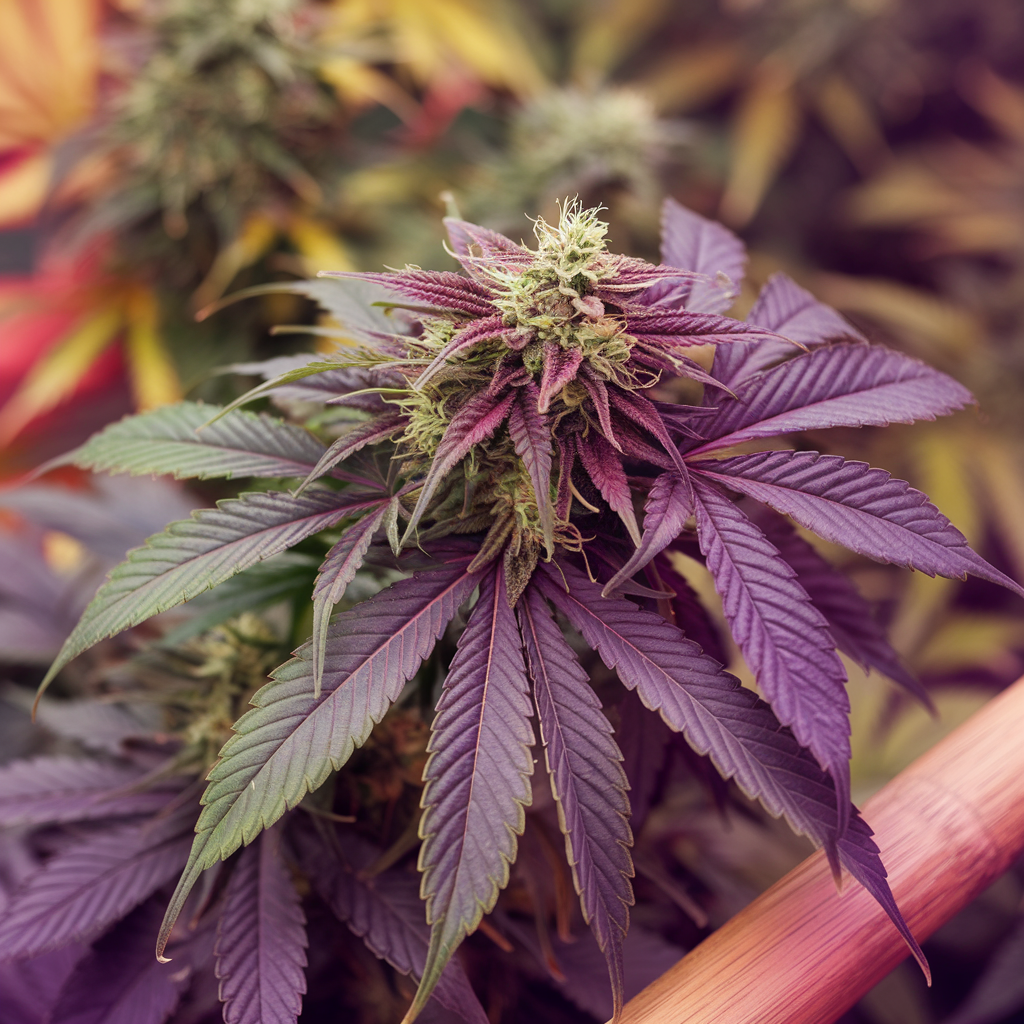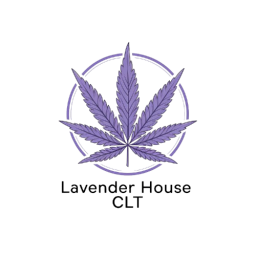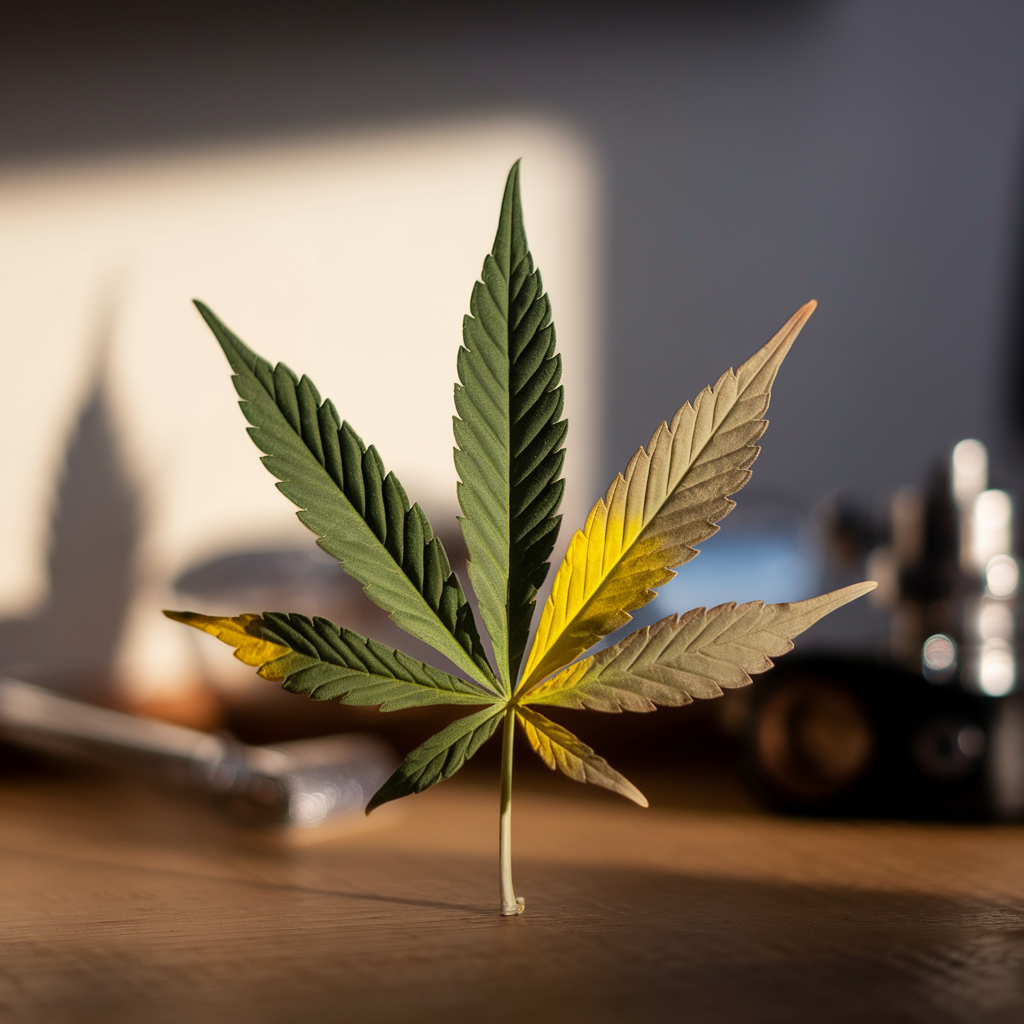CBD continues to take its place as one of the most rapidly growing terms of the wellness sectors. Raising awareness and interest of the consumers in CBD pushes companies to find new ways of using it in many different items. In this article, we provide the latest updates on the trends influencing the CBD market and provide opinions on the direction this particular industry is taking.
The Implementing of CBD in Different Fields
What started off as a niche interest has transitioned to become acceptable for many. There are still people who are concentrating in products like oil and capsules with CBD but these are becoming less every day as products have grown to encompass food, drinks, cosmetics and workouts etc. This growth shows that more people recognize its potential benefits, such as stress management and muscle restorative capabilities.
The evolution of the wellness movement has also contributed. Consumers are now looking for more natural options, and such a trend correlates with the use of CBD. As per the reports published recently, the growth of the CBD market will be dictated by the health-oriented buyers on the market looking for non-intoxicating products.
Key Trends Defining the Future of the CBD Market
More and more people are turning to skincare products that have a little bit of cbd in them. A wide range of products, from creams to serums, many manufacturers emphasize the fact that cbd contains anti-inflammatory components. This is where potential users see hope of treating acne, redness, irritation among other things. Such a trend echoes the movement away from the use of beauty products with chemical ingredients.
- Emergence of beverages with added CBD
- Increase in the number of functional CBD products
- CBD in sports and fitness
Athletes are incorporating CBD into their post injury recovery regime. Ingredients such as muscle balm, recovery tincture assist in reducing soreness and stiffness after physical exercise. This reflects an increasing trend of accepting CBD into the fitness industry where people and firms appreciate more natural alternatives as opposed to synthetic ones.

Insights into Consumer Behavior
With the expansion of the market, consumers are becoming more educated on the aspect of quality. There is much demand for the transparency whereby the purchasers tend to search for third party’s and detailed labeling. Trustworthy companies who provide relevant as well as sufficient information regarding their product gain competitive advantage over other brands.
Preference for Convenience
Convenience seems to be among the most crucial factors with regard to the sales of products. Skipped ready to eat types like gummies and beverages can be well slotted into busy daily schedules. With the increasing number of people using more consumer-oriented approaches, manufacturers of the products are concentrating on producing user unfriendly but useful products.
Challenges and Opportunities
In spite of these recent developments, a lot of challenges continue to haunt the CBD industry. There are several rules and regulations that govern the distribution of cbd oil, but these are not uniform in different countries and or states making it challenging for manufacturers and vendors alike. Scanty labeling and health claims that are not substantiated create panic buying among the people.
Nonetheless, these hurdles provide a chance for the right brands to differentiate themselves. Industries that recognize the importance of quality assurance, invest in their education and research, in turn, will have better chances of dominating the market. With aging industries comes older and more mature industries, and therefore, we can expect tougher guidelines, which is advantageous to both the consumers and the businesses.
Future Directions for CBD
Future of CBD is growth through innovation. It is expected these patches and strips will compressed and allow for simple transdermal applications. Such innovation will be directed to the market that is looking for less cumbersome ways of utilizing the benefits of CBD.
Due to increasing literature based on CBD’s putative advantages, acceptance of CBD’s use for medical purposes may increase. Doctors and other health practitioners are starting to integrate it into attack strategies as part of wellness therapies for anxiety and pain relief.
Every sector is shifting towards more sustainable practices, and the CBD industry is no different. Businesses that embrace organic farming, recyclable packaging, and responsible sourcing will draw the attention of the green consumers. This trend will probably shape the future direction of the industry.
Conclusion
CBD undoubtedly has had its impact on the wellness market. The course, however, does not seem to end here, having diversified further into the beauty, fitness and even the food market. Even though the challenges like politics and false information exist, the right companies which value clarity and excellence will do well.
As consumers become more curious about the products, the market will be receptive to innovation which will mean there are new ways of using CBD. In this fast changing market, companies will have to look for new ways to address these emerging consumer needs in order to identify new areas of growth.
The directions CBD are taking are numerous, with limitless prospects to enhancing health and quality of life. Regardless of whether it is for relaxation, restorative or cosmetic purposes, CBD will continue to be at the helm of the natural wellness market for the foreseeable future.

